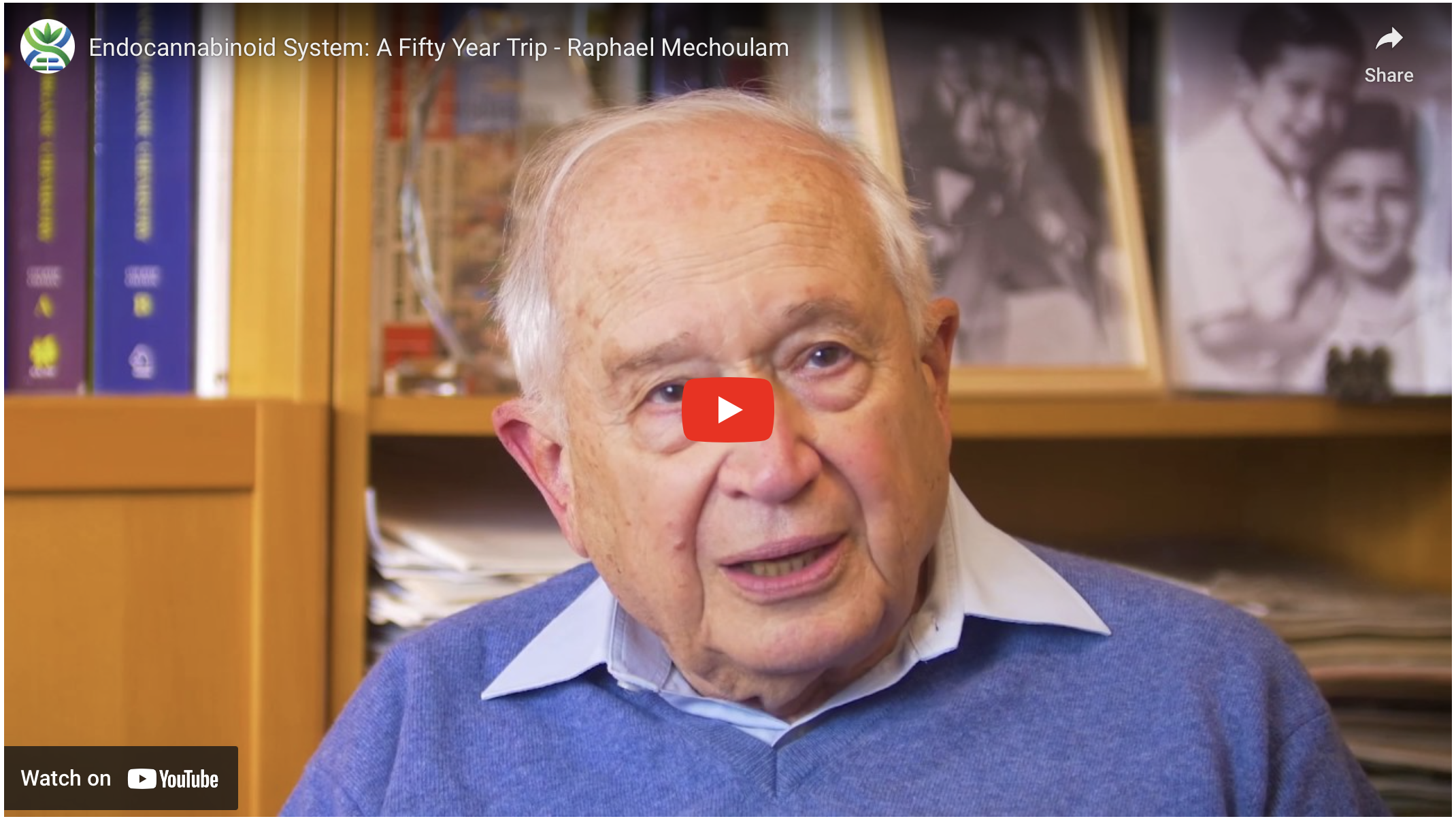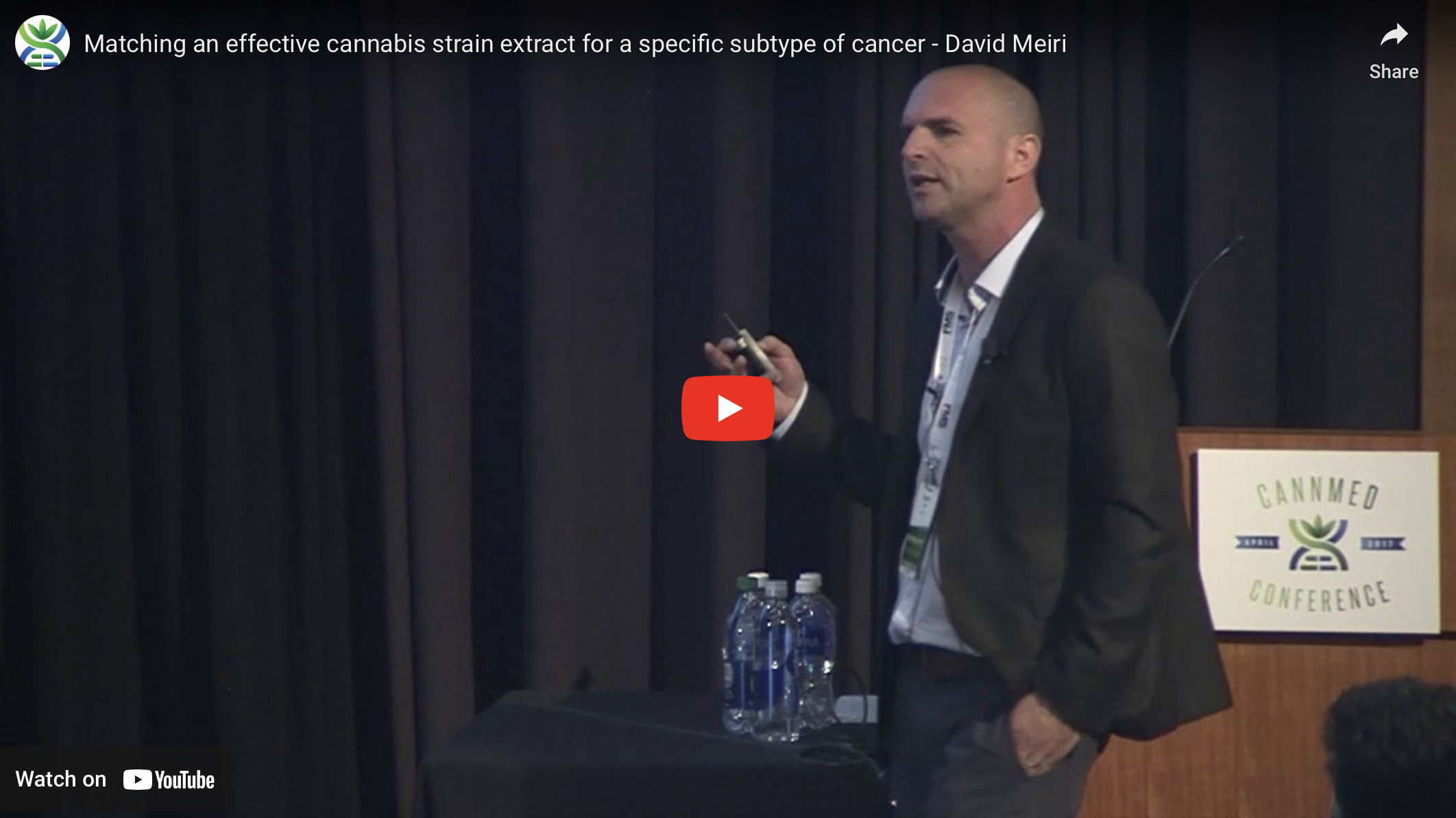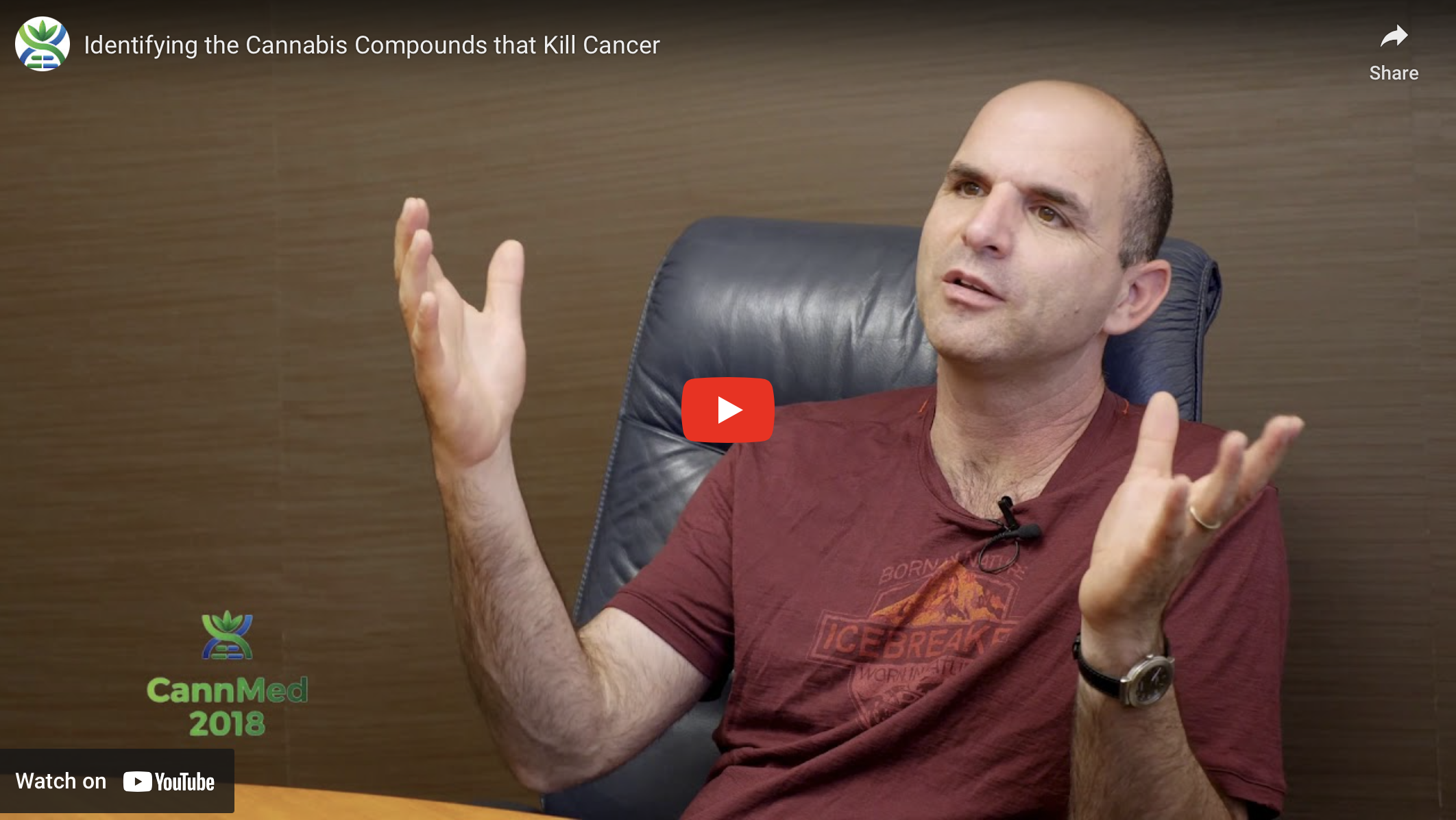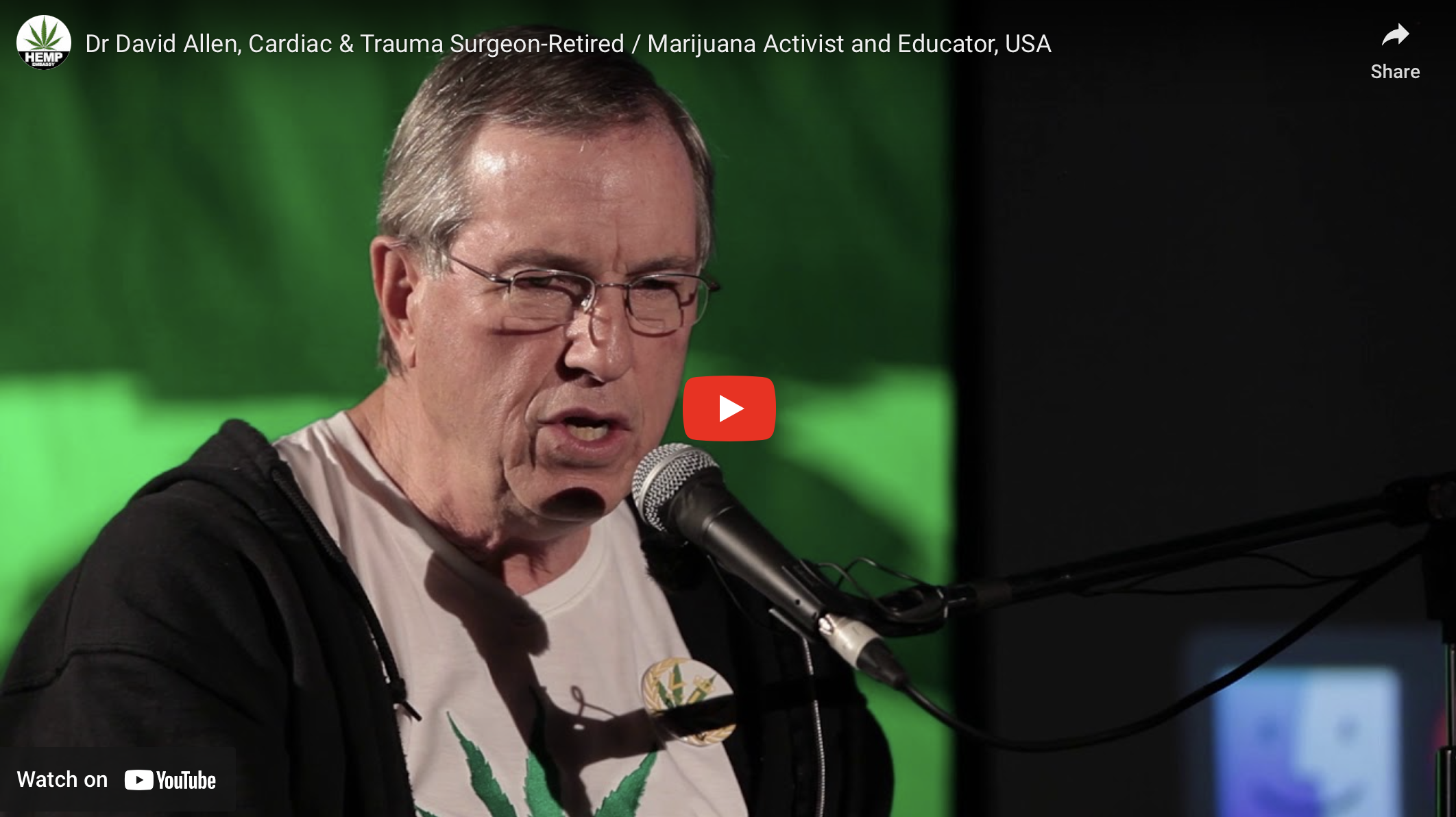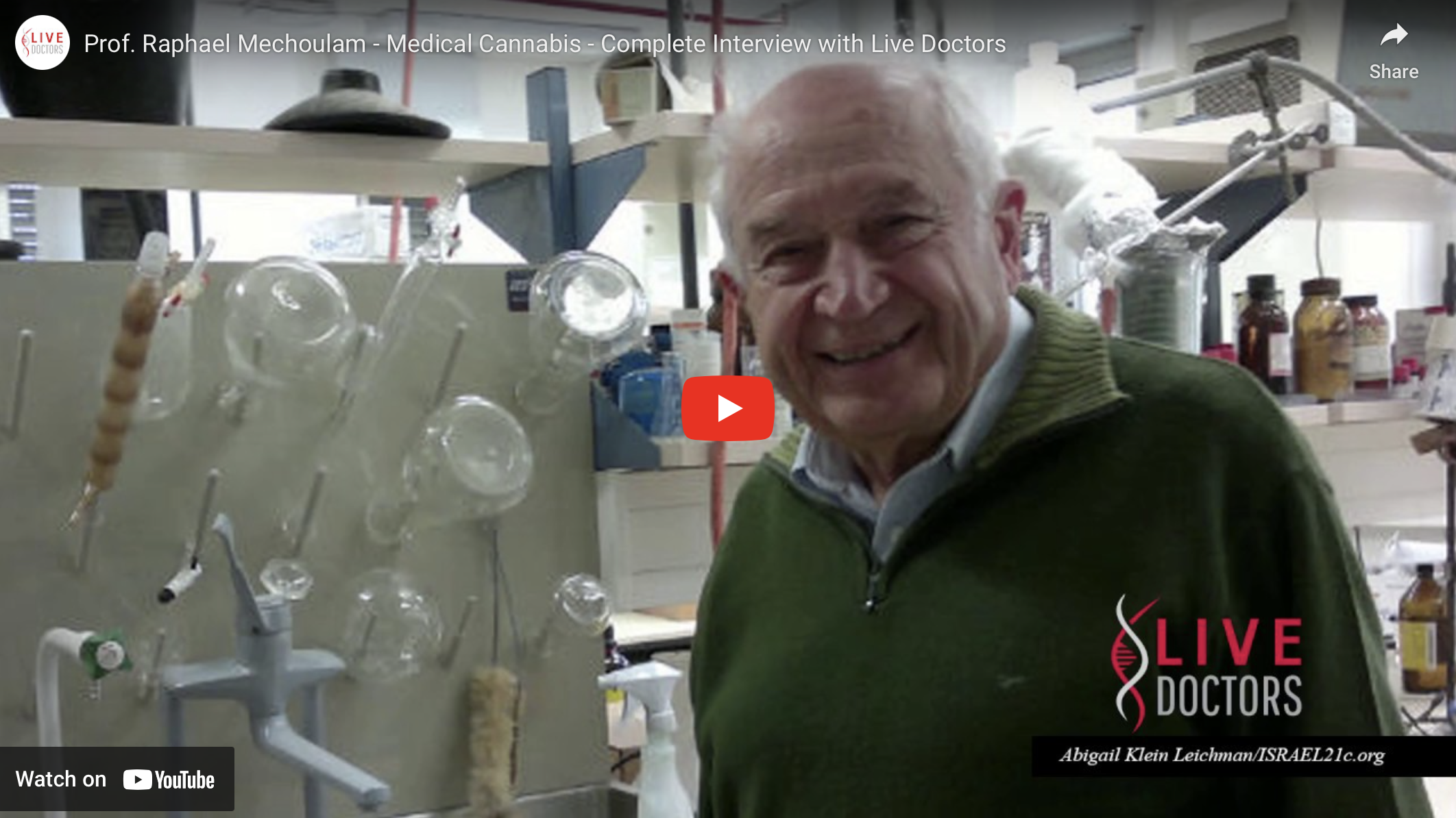Abstract
Despite advances in glioblastoma (GBM) therapy, prognosis of the disease remains poor with a low survival rate. Cannabidiol (CBD) can induce cell death and enhance radiosensitivity of GBM but not normal astrocytes. Inhibition of ATM kinase is an alternative mechanism for radiosensitization of cancer cells. In this study, we increased the cytotoxic effects of the combination of CBD and γ-irradiation in GBM cells through additional inhibition of ATM kinase with KU60019, a small molecule inhibitor of ATM kinase. We observed in GBM cells treated by CBD, γ-irradiation and KU60019 high levels of apoptosis together with strong upregulation of the percentage of G2/M-arrested cells, blockade of cell proliferation and a massive production of pro-inflammatory cytokines. Overall, these changes caused both apoptotic and non-apoptotic inflammation-linked cell death. Furthermore, via JNK-AP1 activation in concert with active NF-κB, CBD upregulated gene and protein expression of DR5/TRAIL-R2 and sensitize GBM cells to TRAIL-induced apoptosis. In contrast, CBD notably decreased in GBM surface levels of PD-L1, a critical immune checkpoint agent for T-lymphocytes. We also used in the present study TS543 human proneural glioma cells that were grown as spheroid culture. TS543 neurospheres exhibited dramatic sensitivity to CBD-mediated killing that was additionally increased in combination with γ-irradiation and KU60019. In conclusion, treatment of human GBM by the triple combination (CBD, γ-irradiation and KU60019) could significantly increase cell death levels in vitro and potentially improve the therapeutic ratio of GBM.
[ View Full Text ]

